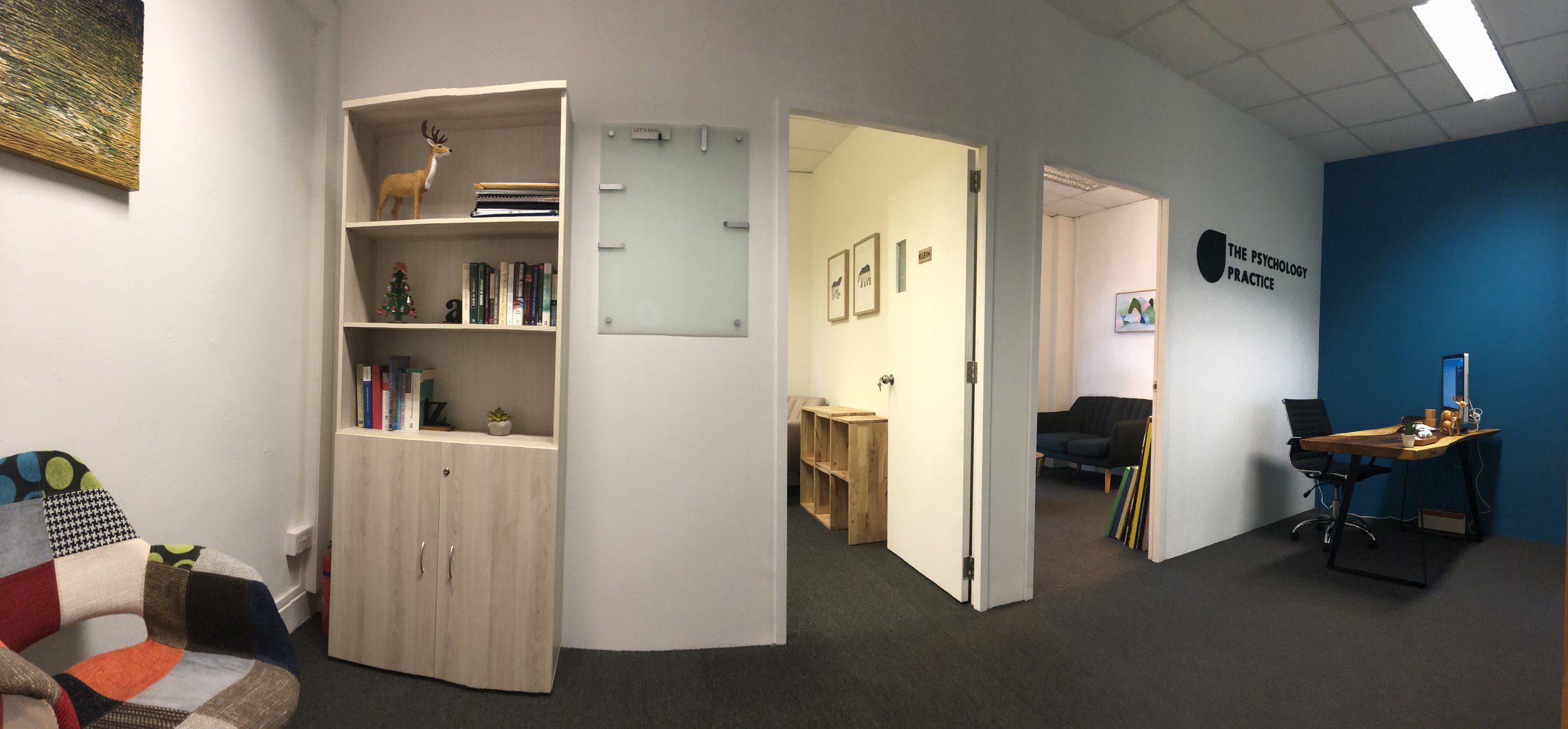The Season is upon us…
This year has certainly been a ride here at The Psychology Practice. We’ve seen the depths of human suffering, the trials of healing, the ruptures and repair, the triumphs of recovery, as well as the grapple of therapeutic separation. All part of the work.

The Psychology Practice
We’ve moved from a psychological space, i.e., the PLog, which had been received well on social media, … to a physical space in the form of the new practice. No matter what you’ve come to be accustomed to, we’re glad to have had the privilege of keeping your needs in mind.
Being thankful is something we feel requires intention and a reflective space. So maybe consider taking a pause in our busy schedules to ponder how the year’s been for you, and if it’s time to appreciate what you have, and what you’d like changed. Whether you had to endure hardship, and pain, or be on the receiving end of kindness and generosity. Sometimes, just sometimes, being thankful is all we need.
So, well wishes from our team to you and loved ones, and we hope you keep well amidst the hubbub of the holiday season.
The pressure to remain functional means we often ignore our internal warning lights. Because you are capable, people give you more to carry. You become the person who is "fine"—until the weight becomes unsustainable.
There is a reason why, come December 31st, we all suddenly feel like we can conquer the world again. This is not just a collective fantasy; it is a well-documented psychological phenomenon known as the Fresh Start Effect.
In today’s world, we are more connected than ever before. Yet, paradoxically, a silent crisis is sweeping across society: loneliness. Below, we explore why loneliness has become so widespread, what makes connecting feel so difficult, and, crucially, how we can begin to form more meaningful, nourishing relationships.
The persistent demand for this level of performance without adequate support can lead to burnout, disillusionment, and disengagement. Going the extra mile requires immense psychological capital, and it is time for organisations to recognise that this effort is a gift, not an obligation, that must be nurtured and protected.
What if all we need is to stop putting up with the situation and start conversations to make our lives a little better? The ability to handle these dialogues effectively is not an innate talent; it is a skill set rooted in psychological awareness and practical communication techniques.
It is a familiar scene: a video circulates online showing a child bullying another. Immediately, a wave of anger, frustration, and a resounding cry for "punishment" erupts across social media. So, why do we, as a community, feel such intense anger when we see a bully, regardless of age, seemingly escape harsh punishment?
For countless individuals in Singapore, the term "sandwich generation" is not just a demographic label – it is a relentless reality. One is simultaneously nurturing their children and caring for their aging parents, often while navigating a demanding career and the unique pressures of our society. "Busy" barely scratches the surface of this intricate balancing act.
When someone hurts their partner, but then still wants to commit to the relationship, it is often more than just feeling guilty. Their decision to stay usually comes from a deeper, more layered psychological makeup. Let us explore some of the reasons why a person might choose to remain after betraying their partner.
Have you ever found yourself stuck in a mental loop, replaying conversations, second-guessing decisions, or worrying endlessly about the future? While many factors can contribute to this common experience, the psychodynamic perspective offers a fascinating look beneath the surface, suggesting that our overthinking habits might be deeply connected to our past and the hidden parts of our minds.











Today’s workforce views mental health support not as a luxury, but as a non-negotiable component of professional longevity. However, many organisations, consciously or not, have reinforced silence by treating psychological well-being as a private matter, best left at the door. This silence is costing organisations more than they realise.